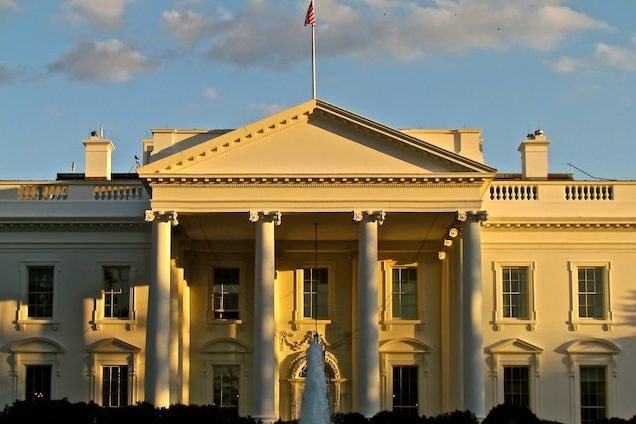Photo by Suzy Brooks on Unsplash
Imagine a world where the fundamental right to make decisions about one’s own body is stripped away. A world where women are left vulnerable and at the mercy of the political whims of their state’s legislators. The historic ruling of the United States Supreme Court to reverse Roe v. Wade has created a new reality for millions of American women. They now face unprecedented challenges and uncertainties regarding their reproductive rights and health. Gone are the federal protections that once safeguarded a
woman’s right to choose, and in their place, a patchwork of state laws that either uphold or dismantle the right to abortion.
In the aftermath of this monumental shift, the debate around women’s reproductive rights has reached a fever pitch. Proponents argue that the decision empowers states to make decisions that reflect the values of their constituents, while opponents decry the ruling as a devastating blow to women’s rights. Amidst this highly charged political landscape, First Lady Jill Biden is stepping up to give voice to those most affected by the decision. She is scheduled to moderate a roundtable discussion at the White House for women who were negatively impacted by Roe v. Wade and had their options for medical assistance denied.
As we delve deeper into the implications of this historic ruling, we will examine the legal and political ramifications, the impact on women’s healthcare, and the role that individual states play in shaping the future of reproductive rights in America.
The Legal and Political Ramifications
The Supreme Court has reversed Roe v. Wade, the landmark case that made abortion legal in the U.S. in 1973 . This means that states can now ban or restrict abortion as they see fit. Many people are angry and worried about this change, because it takes away a woman’s right to choose what to do with her body and her pregnancy . It also opens the door for more attacks on other individual rights.
Supporters of the ruling argue that it returns power to the states, allowing them to implement laws that reflect the values and beliefs of their constituents. Critics, however, contend that this decision is a thinly veiled attempt to control women’s bodies and limit their autonomy. The fact remains that without federal protections, women’s reproductive rights are now subject to the whims of state lawmakers, creating an uncertain future for millions across the country.
The political implications of this decision reach beyond the realm of women’s rights. The overturning of Roe v. Wade has ignited a firestorm of debate on the role of the federal government and the judiciary, further deepening the divide in an already polarized nation. As politicians on both sides of the aisle grapple with the fallout, the question becomes, what does this mean for the future of American democracy?
Impact on Women’s Healthcare
The ramifications of the Supreme Court’s decision extend beyond the legal and political spheres, directly impacting the healthcare options available to women. Without federal protections, states are now free to restrict or ban abortion outright, leaving countless women without access to safe and affordable medical care.
In states where abortion restrictions are tightened or eliminated, women may be forced to seek out unsafe or illegal methods to terminate their pregnancies. This not only puts their lives at risk but also overburdens an already strained healthcare system. Moreover, the lack of access to comprehensive reproductive healthcare can exacerbate existing health disparities, particularly among low-income and minority communities.
For women who live in states that uphold their right to choose, the situation may not be much better. The influx of women seeking care across state lines will place significant strain on the healthcare providers in these states, leading to longer wait times and reduced access to care for all women, regardless of their circumstances.
The Role of Individual States
At the heart of this historic decision lies the question of states’ rights and individual autonomy. With the federal protections of Roe v. Wade dismantled, the responsibility to uphold or restrict women’s reproductive rights falls squarely on the shoulders of state legislatures.
In some states, lawmakers have already begun enacting restrictive abortion laws, emboldened by the Supreme Court’s ruling. Other states, however, have taken steps to protect and expand women’s access to reproductive healthcare. The result is a patchwork of state laws that either uphold or dismantle the right to abortion, creating an uneven landscape for women’s rights across the country.
As the battle over women’s reproductive rights rages on, it is crucial for citizens to remain informed and engaged in the political process. By voting for representatives who support their values, engaging in advocacy, and staying informed about the issues, individuals can play a critical role in shaping the future of women’s rights in their states and across the nation.



